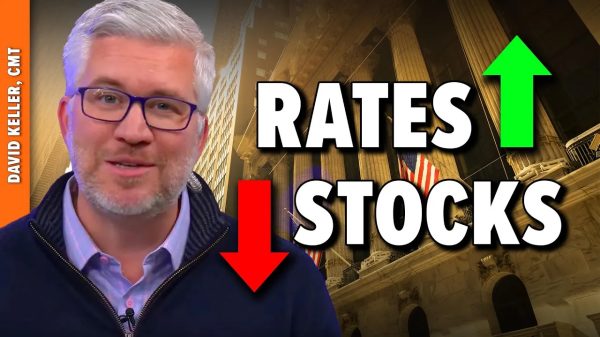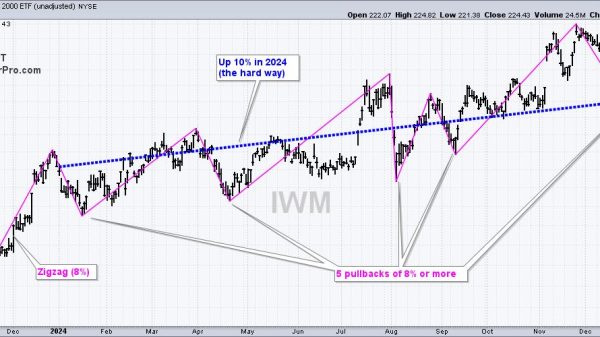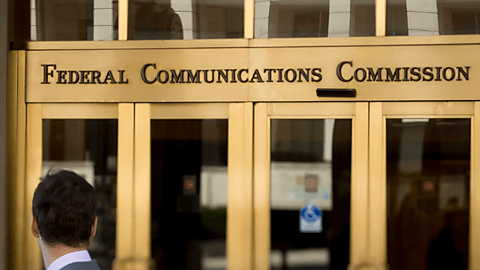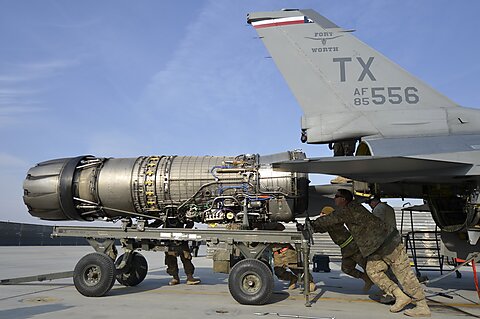Eric Gomez and Benjamin Giltner
This is the second of a three‐part series on the US arms sales backlog for Taiwan. The first article outlined our methodology for determining the capabilities in the backlog and showed how traditional military capabilities, which are more flexible but also more vulnerable to destruction, dominate the backlog.
This article examines another type of US military support for Taiwan that is distinct from backlogged weapons: maintenance support for US weapons already delivered to Taiwan.
We did not include maintenance in the arms sales backlog dataset because Taiwan already possesses the weapons that maintenance sales support. Unlike backlogged weapons, Taiwan can use the weapons supported by maintenance sales to defend itself. Moreover, the Stockholm International Peace Research Institute’s (SIPRI) Arms Transfer Database, which we used to determine the items in the arms sales backlog, does not include data on maintenance sales.
To create our dataset of maintenance sales we used Defense Security Cooperation Agency (DSCA) announcements of major arms sales. We added all maintenance sales announced between January 20, 2017 and November 1, 2023 to the dataset to compare the Trump and Biden administrations. Due to the difficulty of determining the timeline for final delivery of the spare parts and services included in maintenance sales, we did not eliminate any of the announced sales from our dataset.
We classified maintenance sales as asymmetric or traditional based on the type of weapon they support. As shown in Figure 1, between January 20, 2017 and November 1, 2023 the DSCA announced almost $3.5 billion of maintenance sales to Taiwan, with $923 million supporting asymmetric capabilities, and $2.5 billion supporting traditional capabilities.
Five of the twelve maintenance sales supported missile defense capabilities, with a total amounting to $1.8 billion or 54 percent of all US maintenance sales to Taiwan. If the missile defense system in question was immobile, such as Taiwan’s PAVE PAWS early warning radar, it is coded as traditional. If the missile defense system was mobile, such as a Patriot battery, it is coded as asymmetric.
On a dollar basis, the United States provided Taiwan with significantly more maintenance support for traditional capabilities than asymmetric capabilities. This makes sense, as traditional capabilities tend to have higher maintenance costs because they are used more frequently in peacetime than most asymmetric capabilities. Taiwan’s manned fighter aircraft, for example, have flown more missions to monitor increased Chinese military activity in Taiwan’s air defense identification zone.
Figure 2 shows the differences between maintenance sales under the Biden and Trump administrations. Both administrations spent much more on maintaining traditional than asymmetric capabilities.
The Trump administration sold slightly more maintenance support to Taiwan than the Biden administration, although the Biden administration has a little over a year left in its current term. As shown in Table 3, Biden has announced eight maintenance sales to Trump’s four. If these trends continue, we expect Biden’s total maintenance support sales to exceed Trump’s by the end of Biden’s term.
There are two concerning implications drawn from the data on US maintenance support for Taiwan.
First, the high costs of traditional capabilities does not stop at their acquisition. While traditional platforms perform a wider range of missions, this comes with more wear and tear and higher maintenance costs. If Taiwan’s defense budget was much higher, it could afford to pursue both asymmetric and traditional capabilities without a significant tradeoff. However, given Taiwan’s current level of defense spending, pursuing even small numbers of traditional capabilities comes with a significant opportunity cost in money not available to build and maintain asymmetric systems, which tend to have lower up front and lifetime costs.
Second, the amount of maintenance support the United States provides Taiwan suggests that Taiwan is not able to sustain its high‐end capabilities on its own. This is a significant vulnerability in the event of a conflict, where the United States risks becoming limited or stopped from resupplying Taiwan. To address this vulnerability, the United States and Taiwan should explore options for boosting Taiwan’s ability to conduct maintenance of US‐provided weapons with spare parts produced entirely in Taiwan. Additionally, both the United States and Taiwan should plan for stockpiling spare parts with a similar level of urgency as plans for stockpiling munitions.
Taiwan Arms Sales Backlog Excel File
























